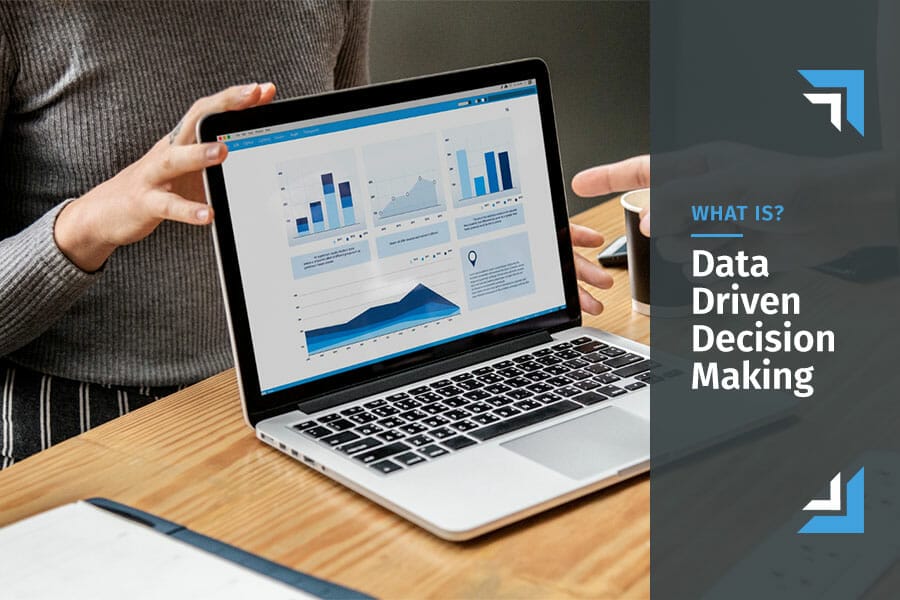Data driven decision making: what is it?
Data driven decision making, or DDDM, is the process of making strategic decisions based on collecting and analysing relevant data. The process also involves testing assumptions and undertaking financial modelling to ensure the business is setting itself up for success.
DDDM is the next stage for business owners after data analytics. All businesses capture data in some form. And, many use and analyse data to assess how well their business is performing. DDDM refers to the next step where business owners use data analytics to make strategic decisions.
An important step of making decisions based on data is to set KPI’s that can measured by data.
How to use data driven decision making
Majority of business decisions can, and should, be made using data. Business leaders in data driven decision making use company financial data, combined with industry insights and trends, to analyse opportunities for business improvements. From here, decisions can be made regarding what strategy to implement to drive business growth.
However, businesses can also use data to analyse any decision. For example, business owners can use data to analyse business acquisition strategies, testing new products, targeting marking campaigns and identifying loyal customers.
How do you make data driven decisions?
Any business can implement data driven decision making today. However, there are three key considerations that business owners should address:
- Ensure you start with great data: The key to leveraging data to make the best decision, is to ensure you have high quality. Today, there is endless data, so knowing what data to analyse is just as important as undertaking the analysis. Ensure you know where your data is coming from, and that data is ‘clean’ and organised prior to commencing.
- Know what you’re looking for: prior to beginning the analysis, business owners should know what questions they want answered. This means results are clear and relevant to the business’s goals.
- Focus on relevance: there can be many fascinating outcomes of a data analysis activity. Yet, outcomes should always be relevant to the overall business vision and objectives.
Did you know our benchmarking tool can help your business, or your client’s business, gather all this information and more?
Contact us today to find out more about benchmarking your business, or your client’s business.

